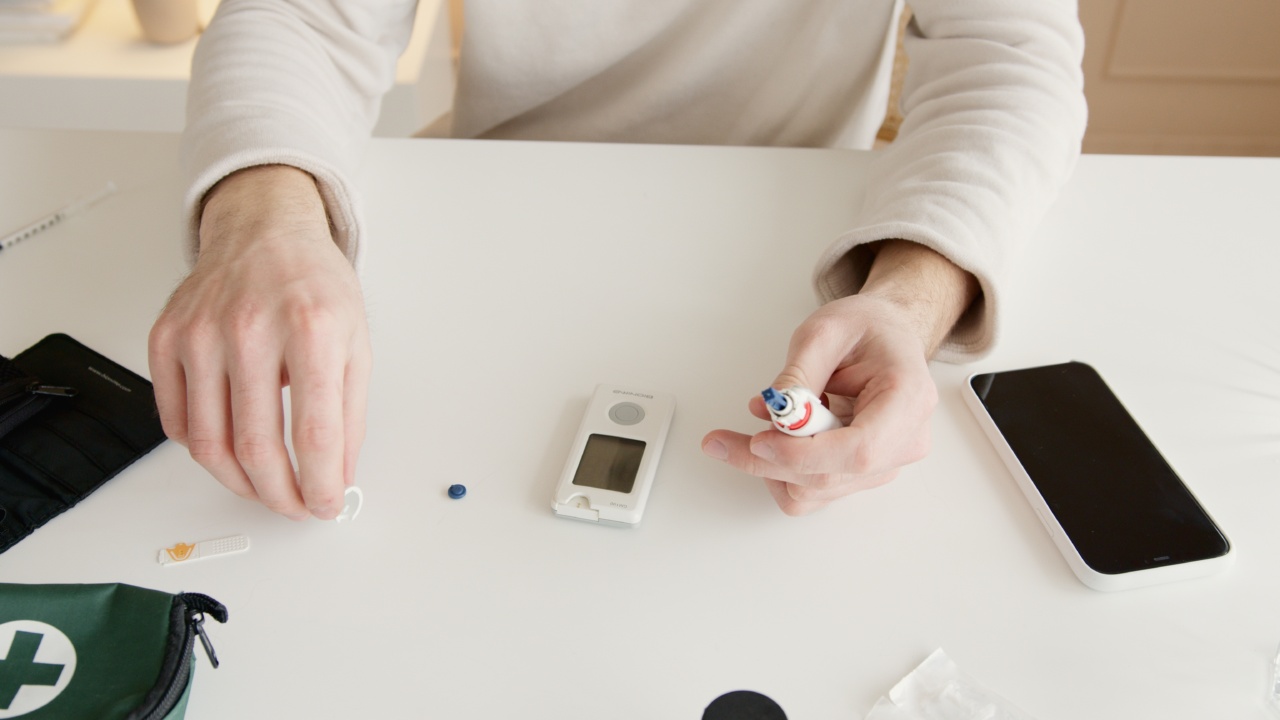Childhood diabetes is not a new concept, but the numbers have been alarming in recent years. More and more children are developing diabetes, and the reasons aren’t entirely clear.
Diabetes can be a challenging condition, but with proper management, your child can lead a healthy and active life. It all starts with prevention, education, and early detection.
What is Diabetes?
Diabetes is a chronic condition that affects the way the body processes glucose, a sugar that is the primary source of energy for the cells in our bodies.
Diabetes can occur when the body doesn’t produce enough insulin, a hormone that regulates glucose in the blood. Alternatively, it can happen when the body can’t effectively use insulin. There are three main types of diabetes:.
Type 1 Diabetes
Type 1 diabetes is an autoimmune disease that typically starts in childhood or young adulthood. In this condition, the immune system attacks and destroys the cells in the pancreas that produce insulin.
People with type 1 diabetes need to take insulin injections or use an insulin pump to manage their blood sugar levels.
Type 2 Diabetes
Type 2 diabetes is the most common form of diabetes, accounting for more than 90% of all cases. This type of diabetes usually develops in adulthood, but it is becoming increasingly common in children and young people.
Type 2 diabetes occurs when the body can’t use insulin effectively, leading to high blood sugar levels. Type 2 diabetes can often be managed through lifestyle changes such as diet and exercise, but some people may need medication or insulin therapy.
Gestational Diabetes
Gestational diabetes is a condition that affects pregnant women. It can cause high blood sugar levels, which can put both the mother and the baby at risk.
Gestational diabetes often goes away after the baby is born, but women who develop gestational diabetes are at higher risk of developing type 2 diabetes later in life.
What are the Symptoms of Diabetes?
Type 1 diabetes symptoms can come on quickly and be severe. They might include:.
- Increased thirst
- Frequent urination
- Extreme hunger
- Unexplained weight loss
- Blurred vision
- Fatigue
Type 2 diabetes symptoms may be more gradual and subtle, and some people with type 2 diabetes may not have any symptoms at all. Some common symptoms of type 2 diabetes include:.
- Increased thirst
- Frequent urination
- Increased hunger
- Blurred vision
- Tingling or numbness in the hands or feet
- Fatigue
How Can You Protect Your Child’s Health?
The best way to protect your child’s health is through prevention and education. Here are some tips:.
- Encourage your child to eat a healthy diet that is rich in fruits, vegetables, whole grains, and lean protein
- Limit your child’s intake of sugary drinks and snacks
- Encourage your child to be physically active every day
- Make sure your child gets enough sleep
- Take your child for regular health checkups and watch for signs of diabetes
Early Detection is Key
It is essential to monitor your child’s health closely and be aware of the risk factors for diabetes. Some of the risk factors for type 2 diabetes include:.
- Being overweight or obese
- Having a family history of diabetes
- Being physically inactive
- Having high blood pressure or high cholesterol
- Being from a certain ethnic background, such as African American, Hispanic, or Native American
If your child has any of these risk factors or if you suspect they may have diabetes, it is crucial to take them for a medical evaluation as soon as possible.
Early diagnosis and treatment of diabetes can help prevent complications and ensure your child stays healthy.
Managing Diabetes
If your child is diagnosed with diabetes, it can be challenging to manage, but it is vital to control blood sugar levels to prevent complications such as nerve damage, blindness, kidney disease, and heart disease.
Some tips for managing diabetes include:.
- Monitoring blood sugar levels regularly
- Taking insulin or other medications as prescribed
- Eating a healthy diet with consistent portions
- Exercising regularly
- Maintaining a healthy weight
The Importance of Support
Managing diabetes can be overwhelming for both parents and children. It is essential to have a comprehensive support system in place to help your child manage their diabetes and stay healthy. This can include:.
- Working with a healthcare team that includes a pediatric endocrinologist, a registered dietitian, and a diabetes educator
- Connecting with other families who have children with diabetes
- Joining a local diabetes support group
- Participating in diabetes camps and programs
Remember that diabetes doesn’t have to define your child’s life. With proper management, your child can lead a healthy and fulfilling life.




























